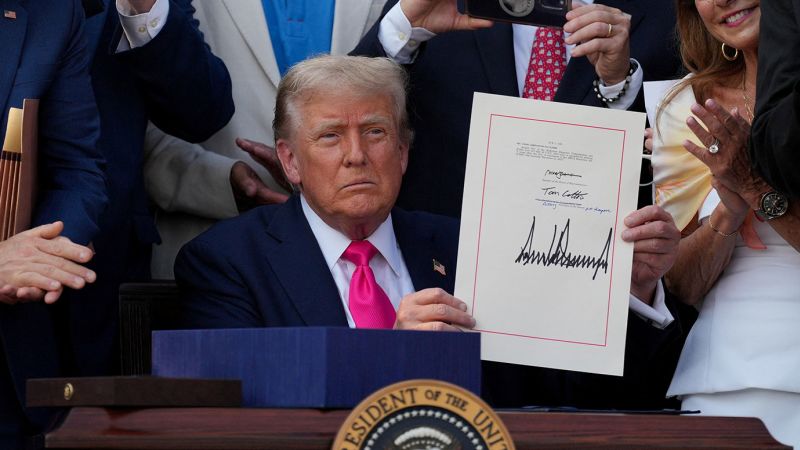Democratic Senators Urged to Halt Funding for Trump Administration

In a recent statement, prominent political economist Robert Reich called on Democratic Senators to refuse funding for the administration of Donald Trump, which he described as increasingly authoritarian. Reich, who served as the Secretary of Labor during the Clinton administration, argues that financial support would enable a government he characterizes as “fascist.” His remarks resonate within a broader context of political opposition to Trump’s policies, particularly concerning issues of civil rights and public welfare.
Reich’s Concerns Over Authoritarianism
Reich’s perspective is rooted in his extensive experience in government and academia. Currently a Chancellor’s Professor of Public Policy at the University of California, Berkeley, he has been a vocal critic of policies that he believes undermine democratic values. In his view, funding the Trump administration would contribute to a system that disregards the principles of transparency and accountability.
According to Reich, the implications of supporting such an administration extend beyond immediate policy decisions. He asserts that it normalizes behaviors that threaten the integrity of democratic institutions. “We must draw a line,” he stated, urging lawmakers to carefully consider the long-term consequences of their fiscal decisions.
The Role of Democratic Senators
Democratic Senators face a challenging landscape as they navigate budget negotiations and funding bills. With the Trump administration’s agenda often at odds with their party’s values, the decision to allocate funds carries significant weight. Reich’s call to action emphasizes the necessity for Senators to prioritize democratic principles over party loyalty.
Reich’s critique was also highlighted in Time magazine, where he was recognized as one of the ten most effective cabinet secretaries of the twentieth century. His reputation lends credibility to his arguments and underscores the urgency of addressing perceived threats to democracy.
The upcoming budget negotiations will serve as a crucial test for the Democratic caucus. As they weigh the implications of funding the administration, they must consider the potential consequences for their constituents and the nation’s democratic fabric. Reich’s insights aim to spark a dialogue about responsibility and ethical governance.
As discussions unfold, the stance of Democratic Senators will be closely monitored by constituents and political analysts alike, with many expressing concerns about the future trajectory of U.S. democracy under Trump’s leadership. The call to refuse funding may resonate with a significant portion of the electorate who prioritize the protection of civil liberties and democratic governance.






